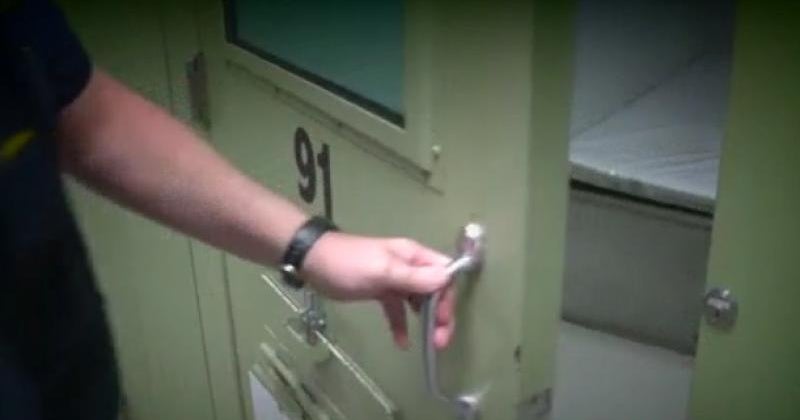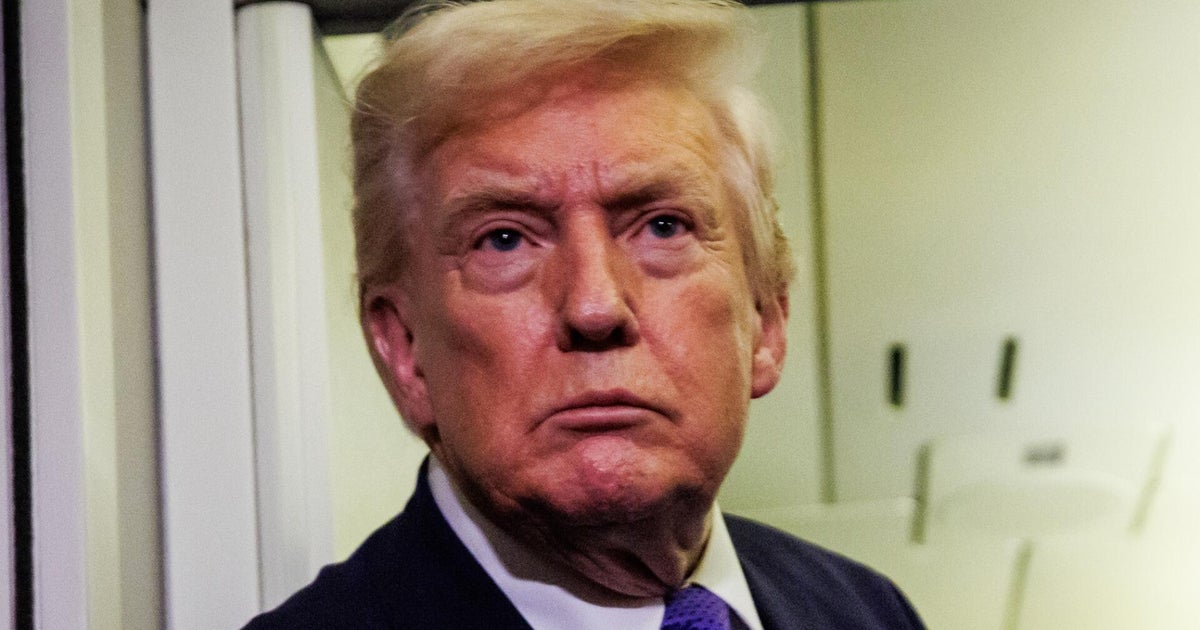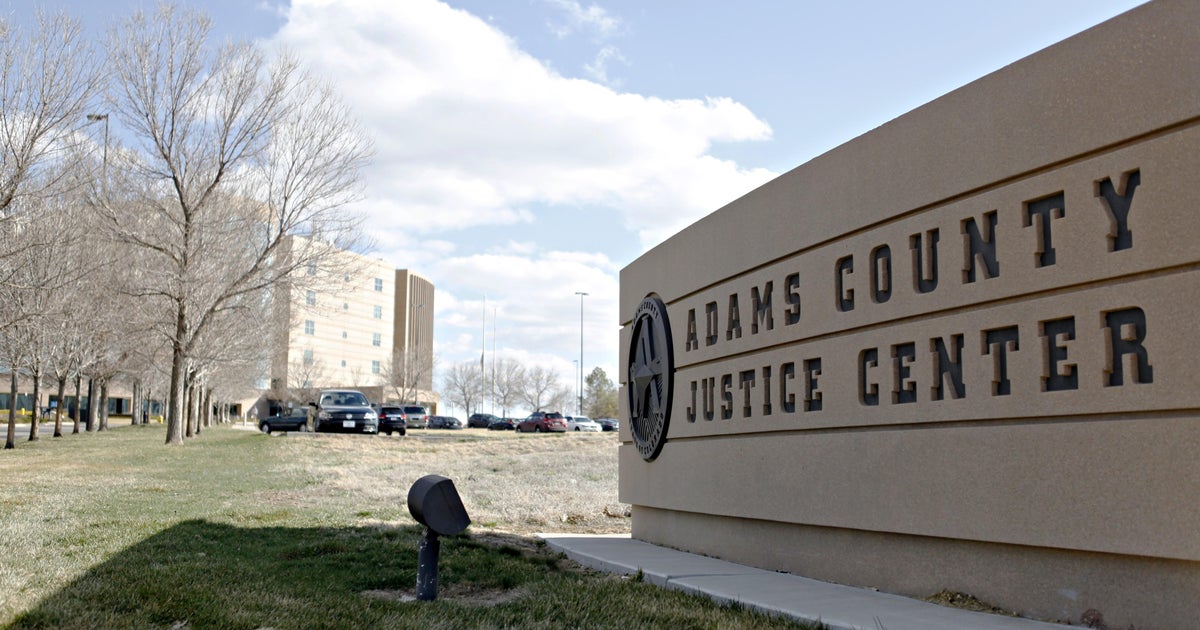Judge Sentences Ex-Teacher In Terror Case -- Again
ALEXANDRIA, Va. (AP) -- A former teacher at a private Muslim elementary school was sentenced a third time Friday to 15 years in prison for helping the leader of a terror group ship 50,000 paintball pellets from the U.S. to Pakistan.
In the past five years, U.S. District Judge Claude Hilton had twice sentenced Ali Asad Chandia to 15 years in prison for supporting the Pakistani terror group Lashkar-e-Taiba.
And twice a federal appeals court tossed out the sentence, ruling that Hilton did not articulate his justification for such a harsh term.
At Friday's sentencing hearing, Hilton ticked off a long list of facts that he said were evidence that Chandia was aware of Lashkar's violent intentions and its December 2001 designation as a terrorist group. He also said Chandia had a friendly relationship with one of the group's leaders, Mohammed Ajmal Khan.
The Pakistani militant group has long opposed Indian control of the disputed Kashmir territory and has espoused anti-American rhetoric. Lashkar-e-Taiba was blamed for the 2008 terrorist attacks in Mumbai that left 166 people dead.
Chandia "knew that Lashkar-e-Taiba was a violent, dangerous group that engaged in acts of violence against the Indian government," Hilton said.
In addition to helping ship the paintballs, Chandia helped drive Khan around the D.C. area on his visits to the U.S. in 2002 and 2003.
Chandia also traveled to Pakistan shortly after the Sept. 11 attacks and was seen at a Lashkar office in Lahore. Chandia said he traveled to Pakistan for his brother's wedding. Chandia has family in Pakistan, including a father who is a prominent attorney there.
At Friday's hearing, Hilton said Chandia's intention in traveling to Pakistan "was to go train and fight," though a jury acquitted him of that specific charge at his 2006 trial.
The judge said those facts justified a "terrorism enhancement" that can result in a significantly higher sentence. Under federal sentencing guidelines, Chandia would have been subject to 6 1/2 years at most without the terrorism enhancement.
Chandia's lawyer, Marvin Miller, said he will again appeal the sentence. He said the terrorism enhancement requires proof that Chandia intended to coerce or intimidate a government by his actions, and the facts in this case don't support it.
Chandia, who taught third grade at the al-Huda school in College Park, Md., was one of roughly a dozen people convicted as part of a government investigation into a network of young Muslim men from the D.C. area who used paintball games to train for global holy war.
But Chandia's connections to the group were described by some witnesses as tenuous. He rarely if ever participated in the paintball games, and some testified he was excluded from some discussions about global jihad because they perceived him as soft and bookish.
The courtroom was filled Friday with Chandia's supporters in the Muslim community, as it has been for all of his court hearings, who say the prosecution has been overzealous.
Chandia declined to speak at Friday's sentencing. In previous hearings, he maintained his innocence and said he would exact revenge against prosecutors in the afterlife.
"God knows well that I did not support any terrorists," Chandia said when he was first sentenced in 2006. "Those who participated in making my children orphans ... should just remember that the day of judgment is on the way."
He continued: "If my parents should die before me, I ask my mother to plead and complain to Allah that a piece of her heart was taken away because of some toy paintballs."
(Copyright 2011 by The Associated Press. All Rights Reserved.)







